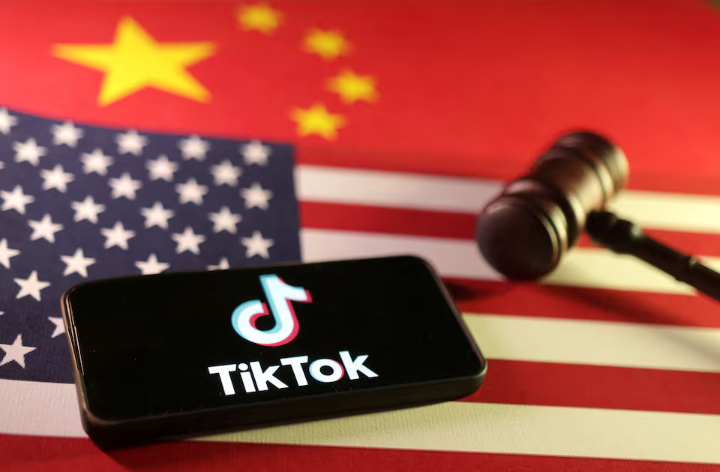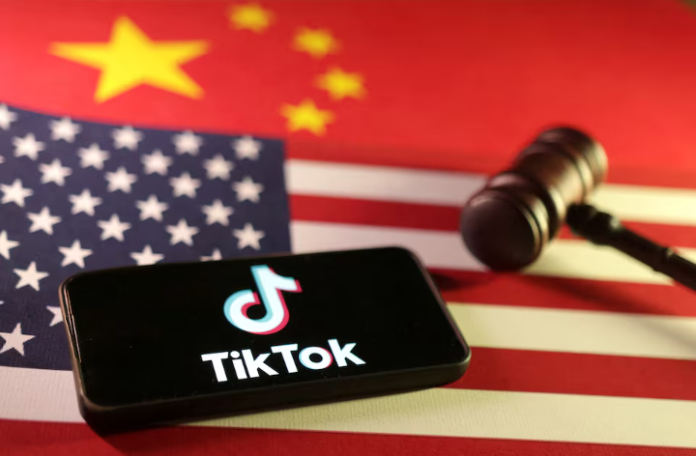The U.S. Supreme Court appears to be leaning in favor of a law that could force TikTok’s Chinese parent company, ByteDance, to sell the popular short-video app or face a nationwide ban by January 19. The justices expressed strong concerns about national security risks, citing potential threats from the Chinese government’s influence over the platform.
During nearly two and a half hours of arguments, the justices questioned TikTok’s lawyers about the possibility of China using the app to spy on Americans and manipulate public opinion. Chief Justice John Roberts directly asked whether the court should ignore the fact that ByteDance is subject to Chinese intelligence operations.
Free Speech vs. National Security
While some justices acknowledged concerns about free speech, the primary focus remained on the risks posed by a foreign-owned platform with access to data from 170 million American users. Justice Brett Kavanaugh raised the possibility that China could collect information on young users today and use it years later to blackmail or recruit individuals in sensitive government positions.
TikTok and ByteDance have sued to block the law, arguing that it violates the First Amendment’s protection of free speech. Their legal team insisted that the real issue is the fear that Americans might be influenced by Chinese narratives, which should not be regulated by the government.
Trump’s Influence on the Case
Adding to the complexity, former President Donald Trump, who is set to begin his second term on January 20, has opposed the TikTok ban. In late December, he requested the Supreme Court delay the January 19 deadline to allow his administration time to negotiate a political resolution.
TikTok’s lawyer, Noel Francisco, emphasized that unless the ban is halted, TikTok will “go dark” on January 19 unless a divestiture is completed. However, the sale process could take years, raising concerns about the app’s immediate future.
China’s Potential Influence on TikTok

The Supreme Court’s deliberations reflect growing U.S.-China tensions, with concerns that TikTok could be used as a tool for espionage and propaganda. U.S. Solicitor General Elizabeth Prelogar, representing the Biden administration, argued that the app poses a serious security threat, stating that China could manipulate TikTok’s algorithm to serve its geopolitical interests at any time.
Justice Elena Kagan challenged the administration’s stance by comparing the situation to the 1950s Communist scare. She questioned whether Congress could have legally forced the American Communist Party to cut ties with the Soviet Union based on similar fears of foreign influence.
However, Prelogar defended the government’s right to regulate foreign-owned communication platforms, citing past restrictions on foreign control of U.S. media and infrastructure.
What’s Next for TikTok?
As the Supreme Court weighs its decision, there remains uncertainty about TikTok’s future in the U.S. If the law is upheld, ByteDance will be forced to sell TikTok to a U.S.-approved buyer or see the app shut down. On the other hand, if Trump’s administration intervenes after January 20, a new political deal could change the course of events.
With time running out, the fate of TikTok now rests in the hands of the justices, and their ruling could reshape the future of digital platforms in the U.S.



